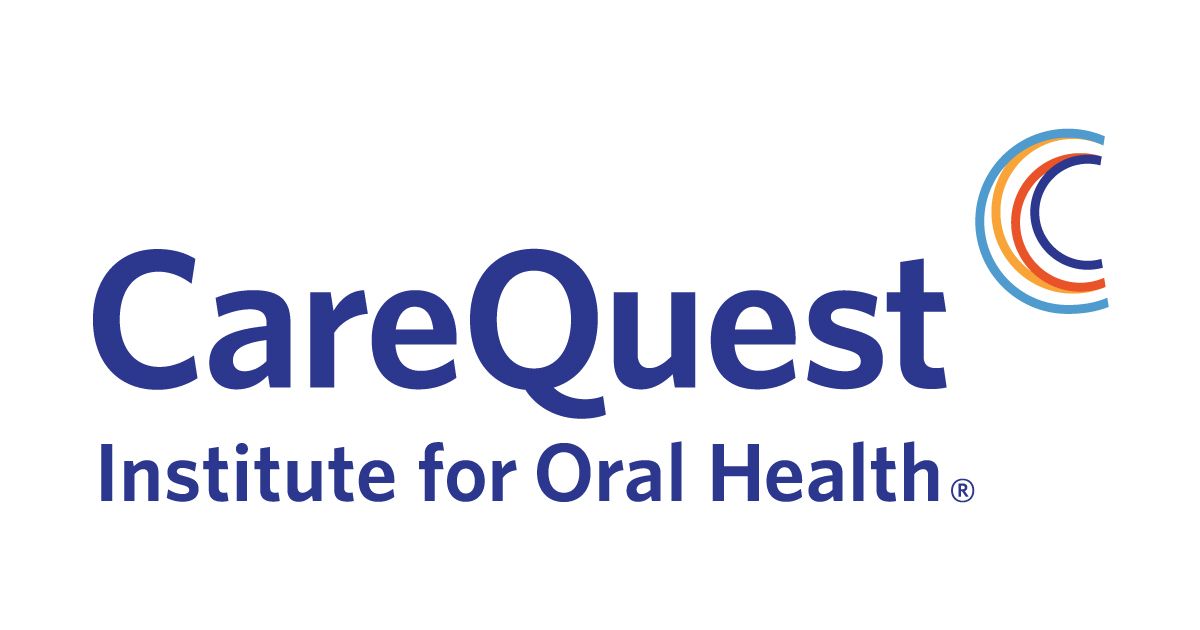Oral Health Organizations Push for Dental Medicaid Benefits
A collection of organizations from across the dental industry are urging Congress to improve oral health equity and access by including adult dental benefits in all state Medicaid programs.

The Oral Health Response Workgroup, a collection of leaders and organizations from across the dental industry, recently released a community statement urging Congress to improve oral health equity and access by including adult dental benefits in all state Medicaid programs. The community statement affirmed that this change promotes positive health outcomes, addresses health inequalities, and curbs health care costs, according to a press release from the Workgroup.
“Access to affordable oral health care is out of reach for millions of low-income people, people with disabilities, communities of color, LGBTQIA+ people, and tribal and rural communities,” said Myechia Minter-Jordan, MD, MBA, president and CEO at CareQuest Institute for Oral Health®, a national nonprofit that champions a more equitable future for all through excellent health. “Congress has the opportunity to change that by ensuring that all state Medicaid programs offer extensive dental benefits to all members. This is a chance to meaningfully address long-standing health disparities that have existed in this system for far too long. We stand ready to serve as a resource and to work with Congress to ensure improved health outcomes for all communities.”
Medicaid is a primary source of health care coverage for more than 80 million people in the United States, according to the Workgroup’s press release. However, dental coverage for adult Medicaid beneficiaries is optional for states. While most states offer emergency dental benefits (usually defined differently from state to state), nearly ⅓ of all states do not provide dental care beyond emergency procedures for adults. According to CareQuest, 47 state Medicaid programs do not currently offer dental benefits that are sufficient to maintain optimal oral health.
In its statement, the Workgroup stressed the connection between oral health and overall health and the need for Medicaid programs to address whole-person health. The Workgroup also highlighted that access to routine, preventive dental care can offset the cost of expensive problems in chronic disease maintenance in conditions such as diabetes, heart disease, and behavioral health conditions. A recent study conducted by the American Dental Association Health Policy Institute estimates $273 million per year in medical care savings if extensive dental services were offered in the 28 state Medicaid programs where they are restrictive, according to the Workgroup press release.
In addition, increased access to dental care for Medicaid adult enrollees can significantly reduce costly emergency department visits for dental conditions. Dental-related ER visits nationwide cost an estimated $2.1 billion per year, but nearly 79% of those visits could have been addressed in a dental office, according to the press release.
Support for dental coverage for Medicaid-enrolled adults comes from across the dental industry, including dental service organizations, dental practices, supply manufacturers, state dental boards, providers, and more. Organizations include The American Dental Association, the American Dental Hygienists’ Association, the Dental Trade Alliance, the Henry Schein Cares Foundation, the National Dental Association, and more.